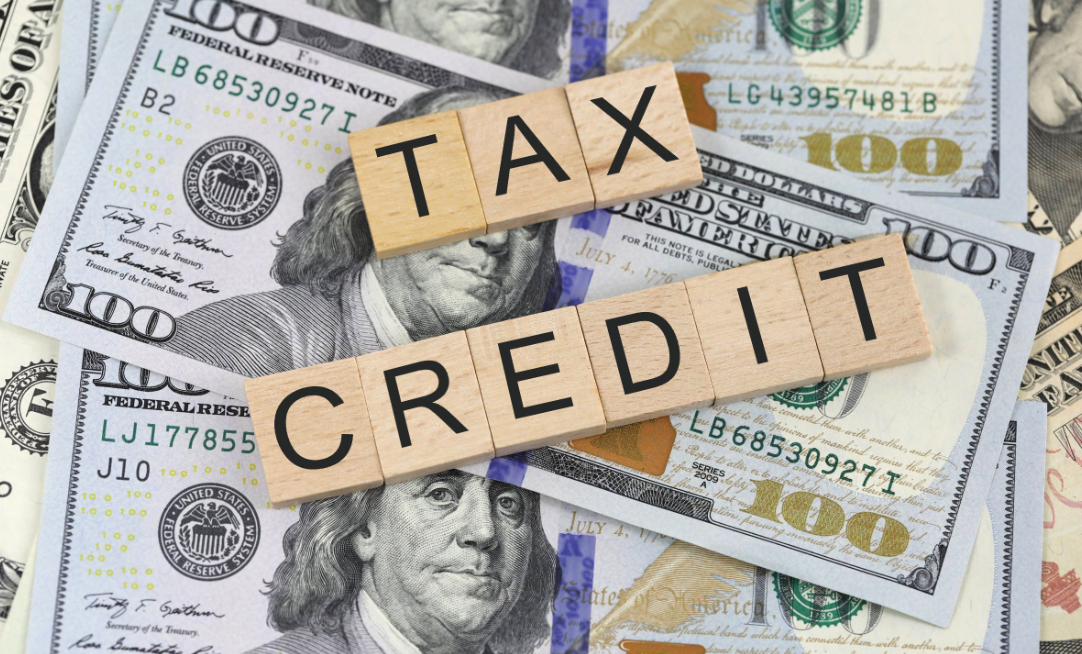While much of the attention during the 2023 regular legislative session has been given to tax cut and rebate proposals, there are numerous tax credit and exemption bills also moving through the Alabama Legislature.
At least 32 bills relating to new or expanded tax credits and exemptions were introduced in the first two-thirds of the legislative session. They cover a range of issues including renewing and expanding existing economic incentives, funding for pregnancy resource centers, encouraging firearm safety, and allowing employers to reduce the childcare costs of their employees.
But what is the difference between a tax cut and a tax credit?
The former means that the statutory rate paid on income, goods and services, is lowered, leaving individuals and businesses paying less in total taxes through the year. A credit also lowers the overall tax burden; however, it is generally a dollar-for-dollar reduction in the tax amount a citizen or company owes at year’s end. In some cases, if the credit amount is more than the tax liability owed, the state government will provide a refund.
There are four tax credit and exemption bills you should know about:
House Bill 208 by State Rep. Jamie Kiel (R-Russellville) was scheduled for a Tuesday vote in the Alabama House of Representatives. It creates an income tax credit of up to 50% of the tax liability for individuals and businesses making voluntary donations to eligible pregnancy and residential maternity facilities. Credits would be provided from 2024-2028 and capped at an aggregate amount of $10 million per year.
According to Kiel, Roe vs. Wade’s reversal last year raises expectations of more full-term pregnancies. Thus, the credit would better equip these centers to “help with everything from prenatal care, all the way through the birthing process, help the new moms learn how to cope with motherhood, help with their health care needs, and then sometimes … help with the adoption process.”
House Bill 375 by State Rep. Matt Simpson (R-Daphne) would exempt the sale of gun safes and gun safety devices from all state and local sales taxes. While 29 states have enacted legislation to penalize parents for allowing children access to firearms, the tax exemption is seen as a different approach towards encouraging gun safety. Simpson’s exemption bill would cost state and local government an estimated $1.3 million per year, but could save lives.
State Rep. Anthony Daniels (D-Huntsville) has made incentives for Alabamians to work one of his top priorities for the 2023 regular session. Two bills introduced by Daniels, one a tax exemption and one a tax credit, could do just that.
House Bill 217 by Daniels and a bipartisan group of cosponsors offers an exemption for overtime hours worked from the calculation of state income taxes. The proposal will save taxpayers an estimated $45 million per year when fully implemented. Beyond the savings, the overtime tax exemption could provide an incentive for more Alabamians to enter the workforce, improving the state’s labor participation rate and helping employers address ongoing labor shortages. The bill has passed the House and awaits committee action in the Senate.
Another bipartisan effort led by Daniels and State Sen. Garlan Gudger (R-Cullman) is House Bill 368 and Senate Bill 273, which would provide tax credits to employers who help fund the childcare costs of employees and to childcare providers. Each employer could receive a credit of up to $1 million with a total cap of $15 million, while each facility would be eligible for a credit of up to $25,000 with a total available credit of $5 million.
The goal of the legislation is to incentivize employers to provide childcare for employees, while also making care more available, affordable, and of higher quality. While rates vary across the state, the average annual cost of care for a child under age two-and-a-half was approximately $6,800 in 2021. Again, the tax credit could get more Alabamians to participate in the workforce, though that need should be weighed against the costs of creating another government assistance program.
While tax credits and exemptions are one way of providing relief to citizens, they are inherently limited and should be pursued in conjunction with broader tax relief efforts. Each proposal should be carefully evaluated to ensure it is addressing a real need and improving the lives of Alabamians.
Justin Bogie serves as Fiscal and Budget Reporter for 1819 News. The views and opinions expressed here are those of the author and do not necessarily reflect the policy or position of 1819 News. To comment, please send an email with your name and contact information to: Commentary@1819News.com.
Don't miss out! Subscribe to our newsletter and get our top stories every weekday morning.










